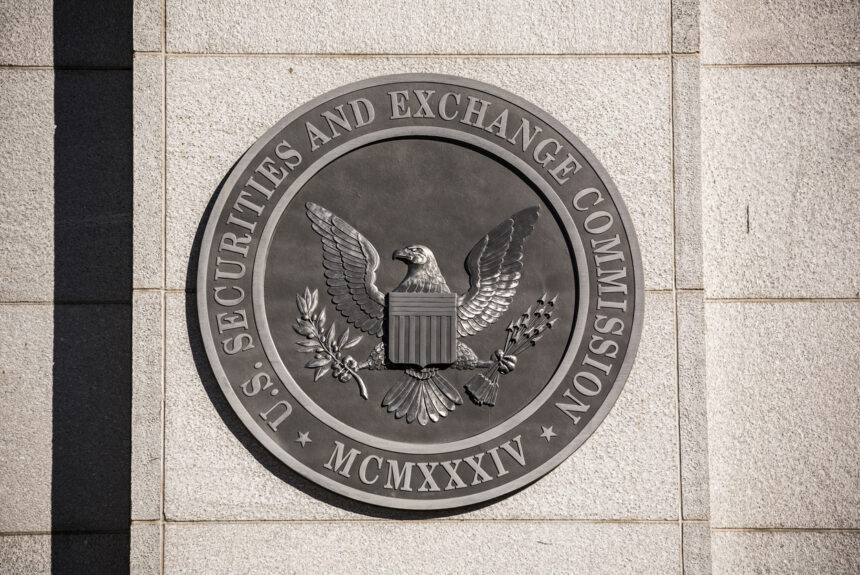Indraneel Chakraborty writes in The Hill that the SEC’s climate disclosure rule will be expensive for minimal benefits.

- Climate disclosures requirements are expensive and the cost to comply with them will be borne by workers (via lower wages), consumers (higher costs), and investors (through reduced stock prices).
- Research from the University of Wisconsin estimates that the SEC’s rule will reduce aggregate output in the U.S. economy by $25 billion each year and result in 200,000 fewer jobs by the later part of the decade.
- Economists have also found that these regulations, which only apply to public companies, discourage start ups from going public and prevents them from accessing funding in public markets which in turn hamstrings American innovation.
- To reduce climate risk, the SEC should reduce the cost of doing business.
“We can all agree that if the climate changes, then most businesses will suffer consequences. But to ask each firm to assess the material impact of climate risks on its ‘business strategy, operations, and financial conditions’ would require firms to become experts in how and when such risks will manifest. This is beyond the scope of firms to assess and beyond the scope of the SEC to require.”
Read the full article here.
The views and opinions expressed are those of the author’s and do not necessarily reflect the official policy or position of C3.
